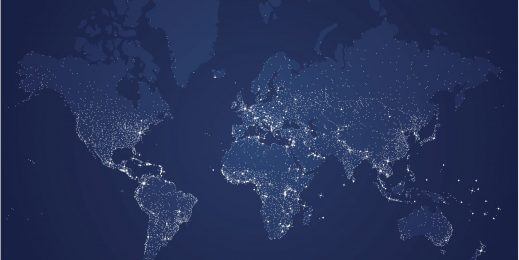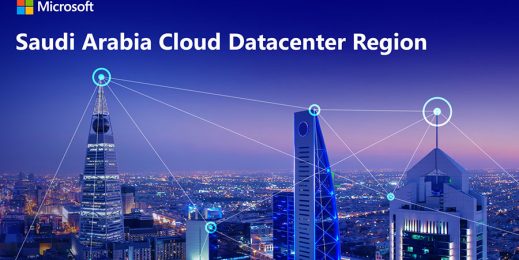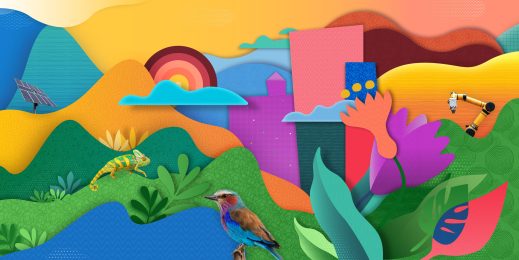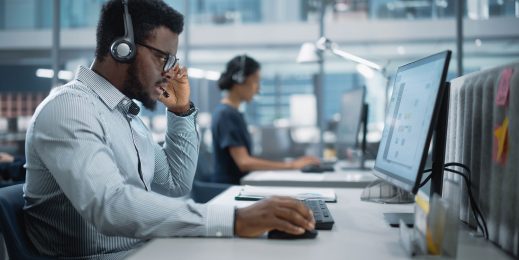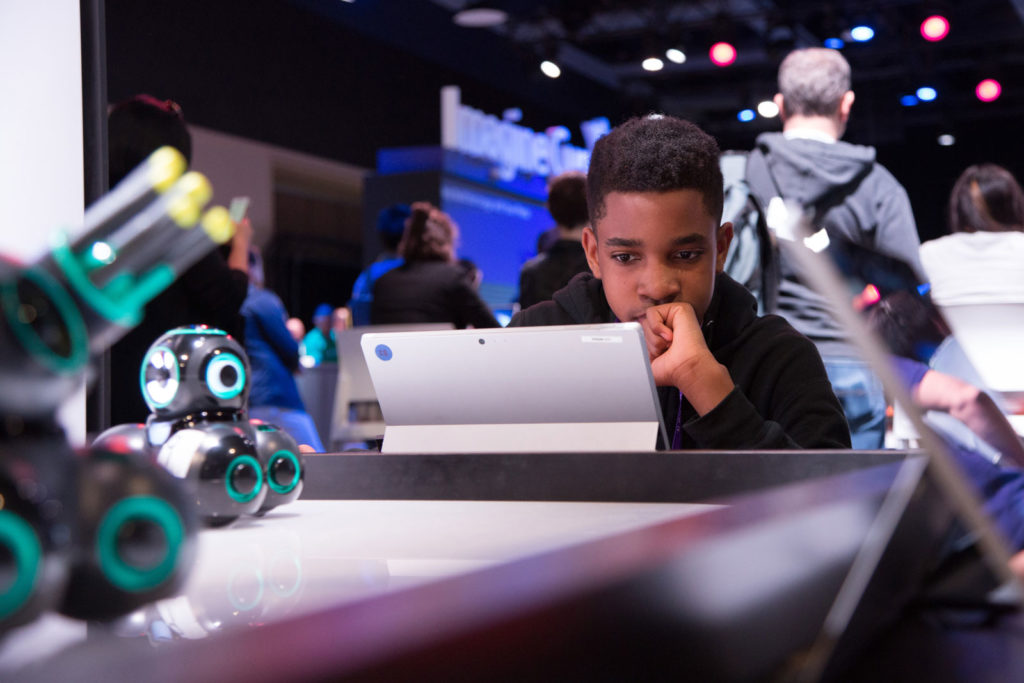
A weed-removing robot and an app for Alzheimer’s patients – meet this year’s Imagine Cup finalists from Kenya and Tunisia
The winners of the Europe, Middle East and Africa Imagine Cup regional final have been revealed – and they’re both from Africa.
More than just a technology competition, Microsoft’s Imagine Cup provides a platform for students from around the world to build and showcase inspiring tech projects that tackle some of the world’s biggest social environmental and health challenges.
The teams from Africa that will compete in the global final later this year are Tunisia’s RedWall and The Knights from Kenya, whose projects and presentations impressed the judging panel enough to net them $8,000 each in Azure credits. These credits will help further develop their projects by providing the power of the Microsoft cloud for data storage, processing, and other technology needs.
Both teams will face off against winners from Asia and the Americas, for the chance to win the ultimate prize – $100,000 in cash, $50,000 worth of Azure credits, and a personal mentoring session with Microsoft CEO Satya Nadella.
RedWall (Tunisia)
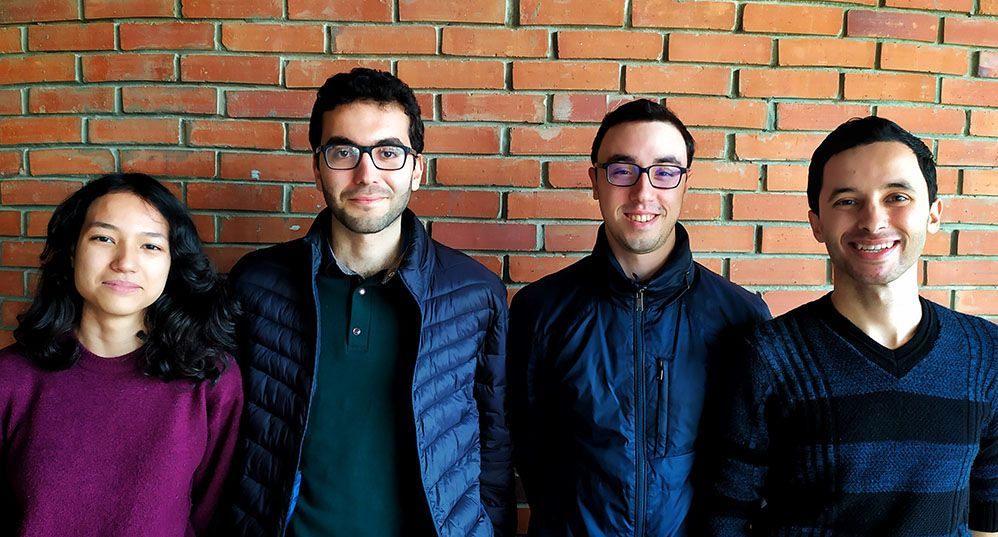
Team RedWall’s project is an app called I-Remember, which is aimed at helping Alzheimer’s patients and their caregivers. The app features task reminders, live facial recognition, labelled photos and games to help train a user’s memory. Emergency location and safety features are also included for times of need.
“We’re happy that technology can help with this disease,” says Meriem Zhang, RedWall team member. “One of us has a family member with Alzheimer’s, so we’re happy that we can help contribute something.”
Inspired by the movie Still Alice in which a linguistics professor tests positive for early-onset Alzheimer’s disease, the team is motivated by helping to improve the quality of life of people with Alzheimer’s. “This is an opportunity to make our country shine,” says Zhang. “To accomplish a project like this is a dream.”
With their exams continuing this week at Tunisia’s National Institute of Applied Science and Technology, the team is likely to hold off celebrations until the weekend, before setting their sights on the final.
The Knights (Kenya)
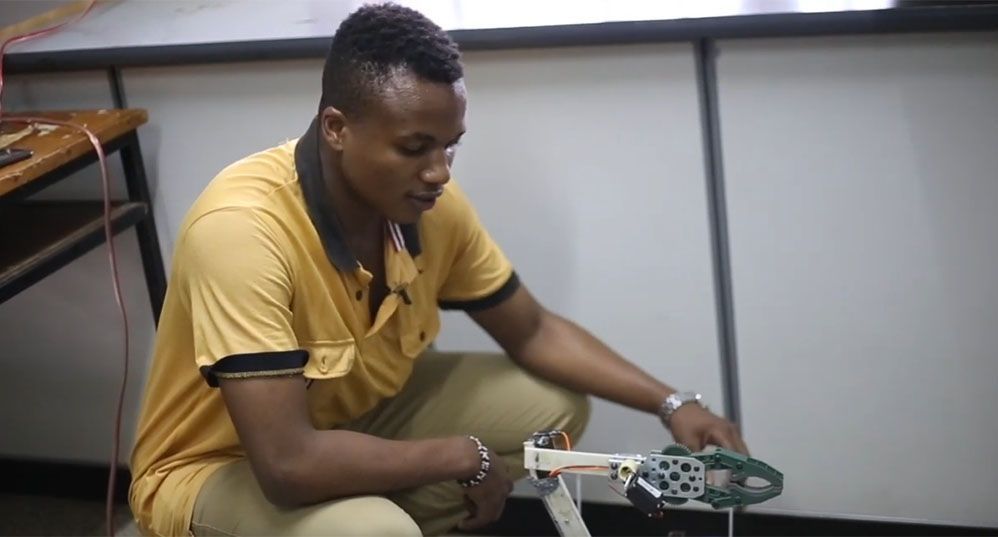
Joint winners The Knights, a team from Kenya, are working on developing a robot that can automatically remove weeds from farmland, helping crops thrive by reducing the damage that some invasive species cause.
Featuring an AI-powered camera, the robot can differentiate between weeds and crops, ensuring that only detrimental plants are removed. The team plans to improve the design further, so that image recognition time drops to just one second.
“Food security is very low here in Africa,” says team member Michael Mwaisakenyi. “My grandfather’s farm, for example, doesn’t make much money. He plants a lot, but still gets less crops and low yields.”
The Knights’ solution is not only cheaper than expensive pesticides, but it’s also less damaging to the environment and saves farmers from being forced to carry out intensive manual weed removal.
“We really enjoyed the competition process,” Mwaisakenyi continues. “We learnt a lot, especially about selling our ideas. I really like Microsoft’s approach and guidance – it’s taught us how to pitch so that we don’t go in blind.”
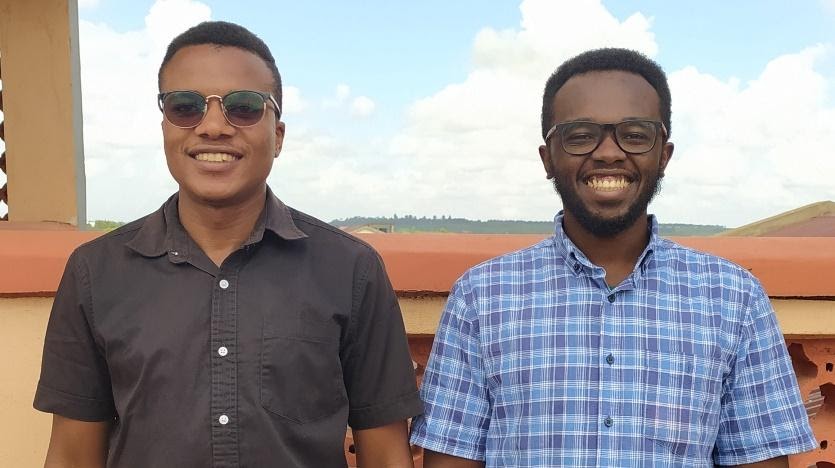
Runners-up
Three runner-up teams were also announced, each winning $2,000 in Azure credits.
A second team from Kenya, Wild Eye, received a runner-up prize for its solution designed to protect people and crops from wild animals such as elephants and leopards. Placed at the edge of protected areas, the camera uses visual learning to detect dangerous animals, before alerting the local authorities. It can also detect humans and vehicles too, protecting animals from poachers.
Another runner-up was team Allez from Ukraine, which designed an app aimed at sports coaches that helps them maximize the time spent with each student. Recording data and analytics based on student performance, coaches can work to improve specific areas that require attention.
The UK’s team Vhysio was also a runner-up, impressing the judges with an AI-powered physiotherapy solution, specifically designed to help correct and train the exercise movements of people with visual impairments using cameras and real-time feedback.
Stay tuned for coverage from the Imagine Cup 2020 world final, and congratulations to all the participating teams.





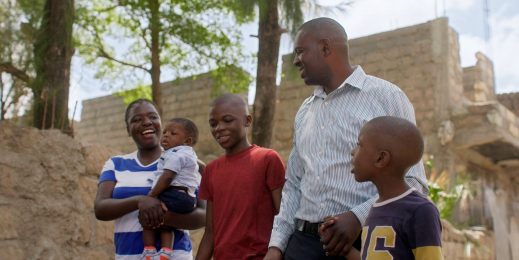
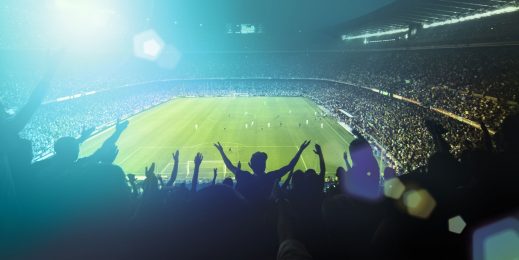

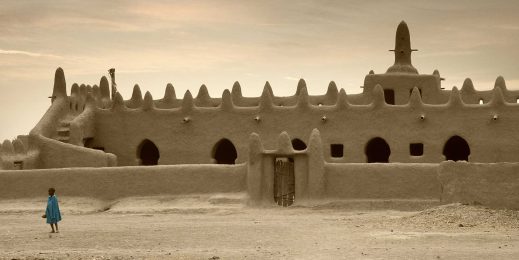
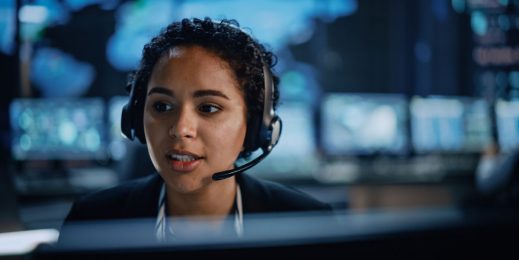
![A security team analyses key data from a visual dashboard.]](https://news.microsoft.com/wp-content/uploads/prod/sites/133/2023/04/Security-Sprint_TL_Banner-Image-519x260.jpg)
